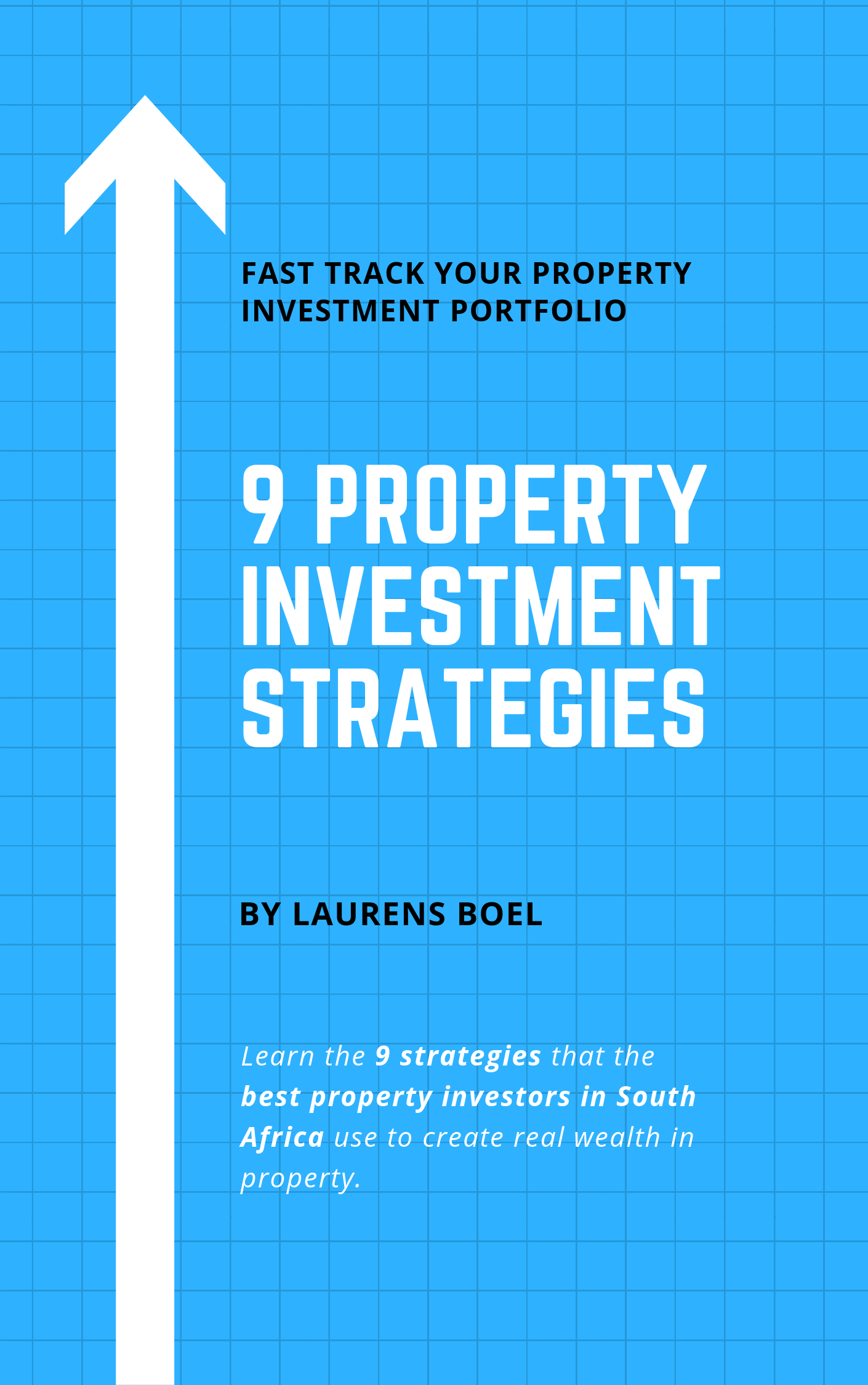A trust is an arrangement whereby a person (a trustee) holds the asset (i.e. property) as a nominal owner for the good of one or more beneficiaries.
If you have setup your trust structures and manage them correctly, you can reduce your liability.
The Pro’s
If you have a trust for your personal assets and a trust for your properties, they are two separate entities. Should a problem happen with your properties, your personal trust can never be liable. You can safeguard your assets.
The preferred approach is to have 3 trusts; one for your personal paid-up items (car, house you live in, watches, clothes…), one for properties and one for shares in businesses. You want to keep your personal items trust debt free, because there shouldn’t be any risk in that trust.
Where a trust is most useful is for estate planning. You can use trusts to manage your wealth when you pass on. Did you know that when someone passes away and they have a property in their personal name, they will lose roughly 1/3 of their net asset value to tax (roughly 20% goes to estate duty, a percentage for the capital gains and administrative fees)? This means that almost 33% of your wealth disappears overnight!
A trust on the other hand can continue living after you have passed on and is therefore not subject to estate duties. It is one of the best vehicles for legacy planning.
Tax Implications
Trusts are mostly tax inefficient, though when setup and managed correctly they can provide you with tax breaks (disclaimer; please note this is an opinion, consult a professional when going down the route of a trust). If you have the right trusts and professional advice in place you can become clever with your trust’s tax.
The downside
The negative aspect of using a trust is that the banks will lend to you at a worse interest rate (i.e. higher than you would get in your personal) and the loan to value (LTV) would often be less. In your personal capacity you would probably get a loan at prime, or perhaps just below prime, and the bank would be willing to loan you 90% of the property value. Whereas in the case of a trust, you would receive an interest of prime +2 and they would only loan 70% of the property’s value. This isn’t a dire problem, but it is something to be aware of.
A trust can be costly. Like a company, a trust requires an ongoing monthly management fee of about R1 000 – R 1 500. The trust also needs regular financial statements and has a setting up fee of about R10 000. These are not numbers that will break the bank, but you must be aware of the costs involved.
There is no one size fits all when it comes to wealth protection. You must find a vehicle that protects your assets and gives you the peace of mind to continue investing.
My recommendation is to start in your personal capacity for short term capital flips but engage in a partner who can help setup and administer companies and trusts for asset protection, estate planning and tax efficiency as your portfolio grows..


